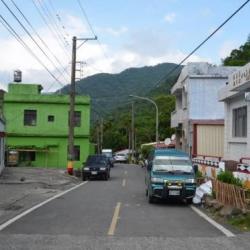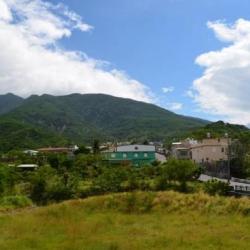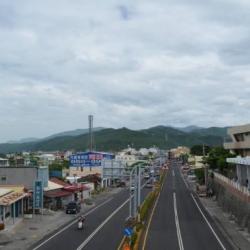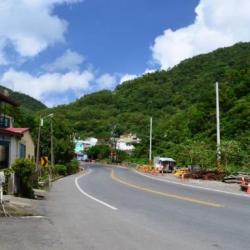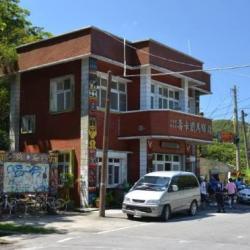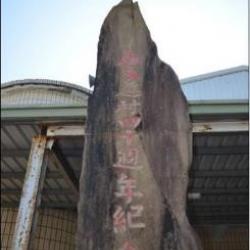The Yitun Hamlet is located by the Nanhui Road on the south bank of Fenggang River and its tributary Caopuhou River in Shizi Township, Pingtung County. It is about 3 km east of the Danlu Hamlet.
Yitun Hamlet was formed by the migrations of residents who originally lived in the upper reaches of Fangshan River, and eventually settled here. In the middle of the Japanese occupation, there were already tribesmen of Mudanlushe migrated and slowly formed a hamlet. Later, the tribesmen of Tjurusalis'she, Litjukutjuku'she, and Badjuku'she moved there. The origin of the hamlet name, Itonzan, is unknown, and was transliterated into Yitun after the war.
